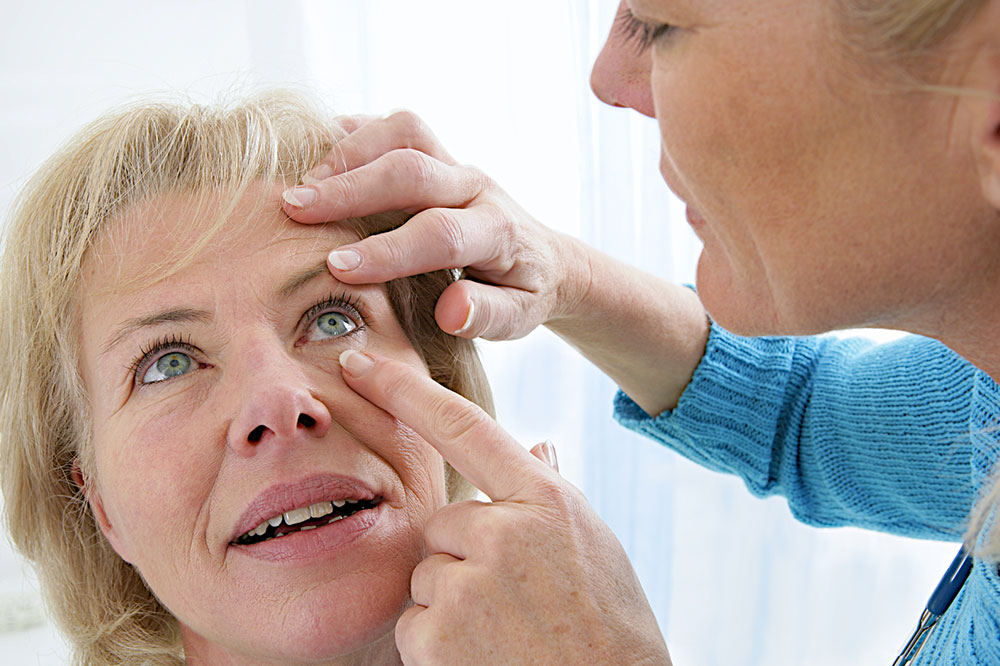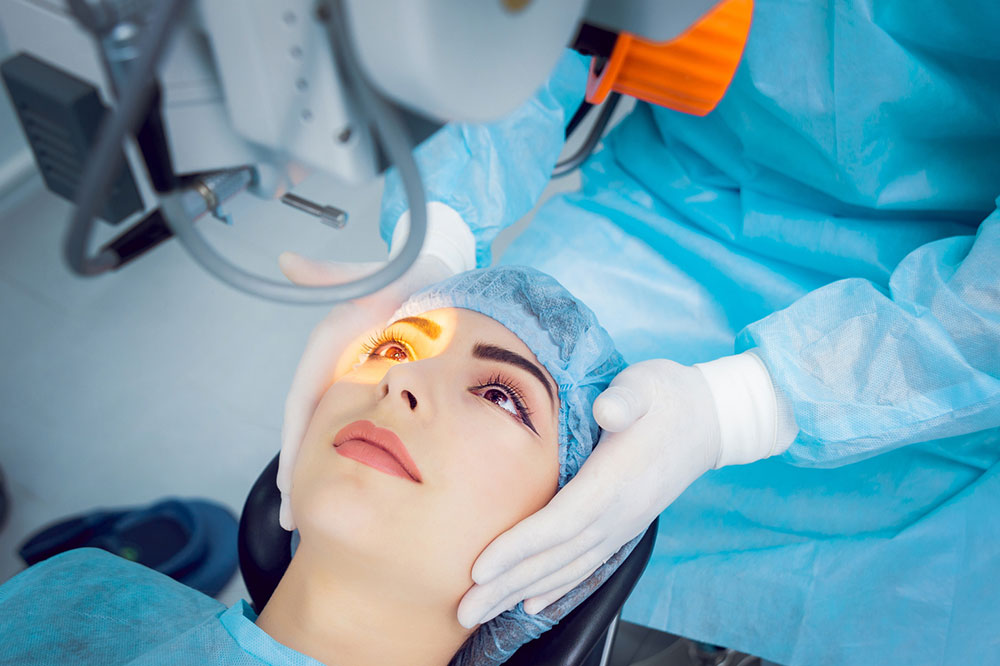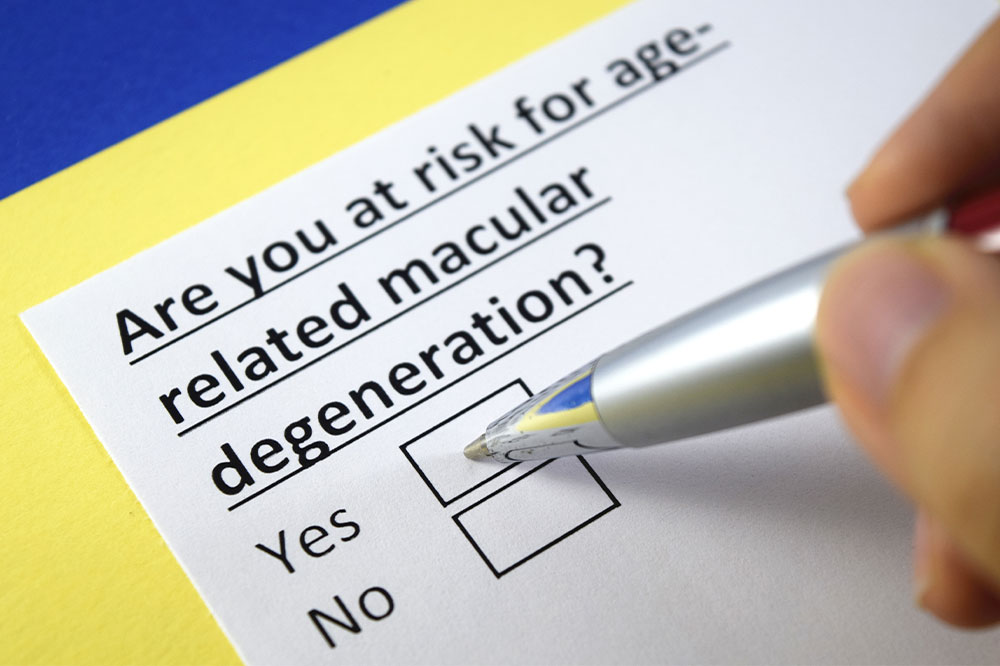Cutting-Edge Approaches to Managing Macular Degeneration: Rehabilitation and Nutritional Strategies
This comprehensive article explores innovative strategies for managing macular degeneration, emphasizing the importance of vision rehabilitation and nutritional support. It details early assessment, environmental modifications, and the role of therapeutic supplements like AREDS formulations. The article also discusses medical interventions such as laser therapy and injections, highlighting a holistic approach to slowing disease progression, maintaining independence, and enhancing quality of life for affected individuals.

Innovative Methods for Tackling Macular Degeneration: Vision Rehabilitation and Nutritional Interventions
Macular degeneration stands as a leading cause of vision impairment among older adults worldwide. This degenerative eye condition primarily affects the macula, the central part of the retina responsible for sharp, detailed vision necessary for activities like reading, driving, and recognizing faces. Although the exact cause of macular degeneration remains unknown, risk factors include age, genetics, smoking, and cardiovascular health. The condition manifests predominantly in two forms: dry and wet macular degeneration. The dry form accounts for approximately 85-90% of cases and progresses gradually, whereas the wet form involves abnormal blood vessel growth beneath the retina, leading to rapid and severe vision loss. Despite ongoing research, a definitive cure remains elusive. However, recent advancements have highlighted the importance of comprehensive management approaches that incorporate vision rehabilitation techniques and nutritional support to slow progression and improve quality of life.
For individuals living with wet macular degeneration, early intervention through specialized vision rehabilitation programs can make a significant difference. Since standard corrective lenses cannot restore lost central vision, personalized assessments by eye care professionals are crucial. These professionals evaluate the extent of visual impairment and develop tailored strategies to optimize remaining vision, ensuring patients can continue to perform daily activities with greater ease and independence.
Early diagnosis by ophthalmologists is vital in determining the right visual aids and environment adaptations. Simple modifications at home, such as improving lighting, increasing contrast between objects, and removing tripping hazards, can greatly enhance safety and visibility. For example, using high-contrast labels, magnifiers, and specialized reading devices enables patients to maintain their independence longer. Spatial orientation training, including techniques for navigating familiar spaces, helps patients regain confidence and reduces the risk of falls. These rehabilitation approaches are personalized and may involve occupational therapists to improve daily functioning and mobility.
Role of Dietary Supplements and Nutritional Support
Adjunctive nutritional support has gained considerable attention for its potential to slow disease progression in macular degeneration. While these supplements do not reverse existing damage, they can protect the remaining healthy cells within the retina from further degeneration. Consulting with eye care specialists is essential to determine suitable supplementation plans tailored to the individual’s disease stage and nutritional needs.
Understanding AREDS and AREDS2 Formulations
Research-backed nutritional formulations, namely the Age-Related Eye Disease Study (AREDS) and AREDS2, recommend specific combinations of vitamins and minerals proven to reduce the risk of advanced macular degeneration. These formulations typically include high doses of Vitamin C, Vitamin E, Beta-Carotene or lutein and zeaxanthin (as safer alternatives), Zinc, and Copper. The precise formulation and dosage depend on the severity and progression risk of the disease.
In more advanced cases, additional medical procedures may be necessary to preserve vision. Photodynamic therapy, for instance, involves injecting a light-sensitive drug that activates with laser treatment to target abnormal blood vessels, thereby reducing further leakage and bleeding. Laser surgeries can also be employed to address problematic neovascularization in wet AMD, aiming to halt or slow vision deterioration.
Emerging therapies, such as anti-VEGF injections, corticosteroids, or experimental gene treatments, continue to offer hope for better management outcomes. Combining these medical interventions with rehabilitative and nutritional strategies forms a comprehensive approach to managing macular degeneration effectively.





